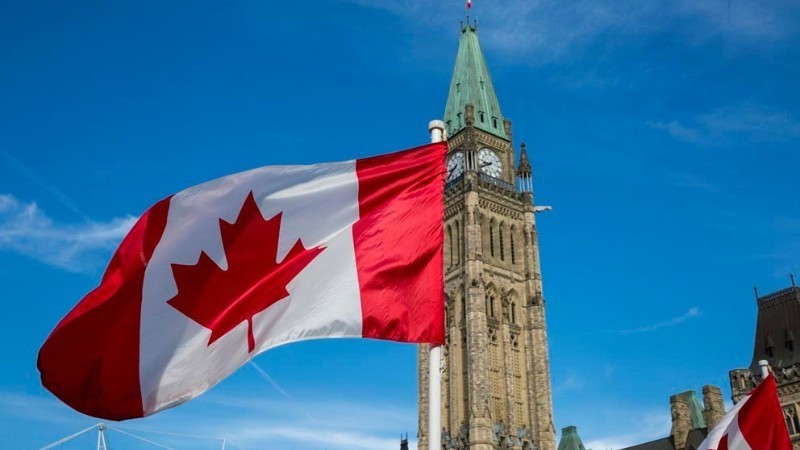The Canadian Confederation was established on July 1, 1867. Speaking at the recent Canada Day ceremony, Steven Guilbeault, who has just assumed the role of Minister of Canadian Identity and Culture, shared that in the past, most Canadians probably paid little attention to national identity and culture.
Minister Guilbeault has defined his role as initiating genuine change—not by imposing a definition of Canadian identity, but by exploring it together with the people, in order to better promote national identity and restore a sense of national unity.
His goal is to identify shared cultural values that can unite Canadians. This is a complex task in a vast and diverse country like Canada.
He hopes that this process will encourage Canadians to reflect deeply on themselves. As the second-largest country in the world by land area, Canada is renowned for its cultural diversity and appears to be moving in the right direction. Throughout the long course of world history, countless nations have risen, prospered, and fallen.
Nations that endure and develop have one thing in common: the effort to preserve and nurture their cultural identity, a source of intrinsic strength, much like tending to the roots that help the tree of the nation stand firm against the storms of history.
As long as the culture remains, the nation will endure. Canada is often likened to a rich tapestry of colours, where diverse ethnic communities live together while preserving their own unique identities, creating a vibrant and diverse cultural mosaic.
Canada’s official multiculturalism policy, implemented since 1971, has encouraged integration and respect for differences, fostering an open and diverse society. The Canadian government encourages ethnic groups to maintain their culture, language, and traditions, while integrating into the broader society.
Immigrants contribute significantly to Canada’s GDP growth, helping this G7 member nation maintain annual GDP growth of over 2% over the past decade—far higher than the G7 average of 1.4%.
Immigrants help fill gaps in the labour market, particularly in sectors facing shortages such as healthcare and technology. Immigrants account for over 30% of business owners in Canada, creating thousands of jobs across sectors including construction, high-end services, healthcare, and retail.
Although immigrants make up only a quarter of Canada’s population of over 41 million, they contribute more than one-third of the country’s total patents. Additionally, 34% of those working in research and development services across Canada were born abroad.
The immigrant communities can be likened to embroidery adorning Canada’s cultural tapestry. Canada itself stands as testament to the principle that the more open, inclusive, and harmonious a nation is, the more sustainably it develops.
United Nations leaders have emphasised that these cultural and national philosophies, which have resonated through history, continue to hold true today. They remain guiding lights for humanity’s journey towards a world of peace, mutual understanding, and respect for diversity, serving as moral foundations that can help shape global actions and policies.
In a world undergoing intense globalisation yet still rife with suspicion and division among nations and peoples, Canada’s efforts to shape and promote its national identity stand as a deeply inspiring story.
















